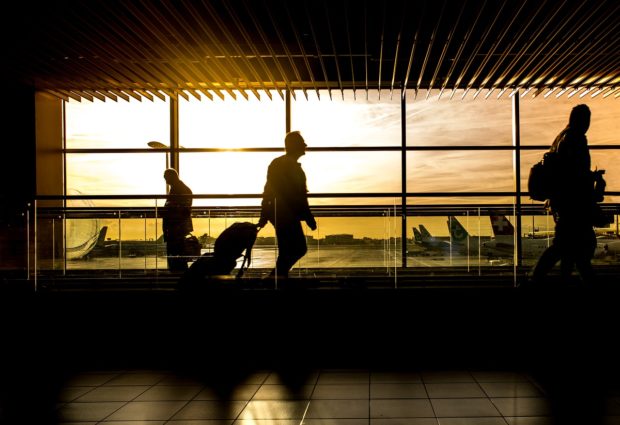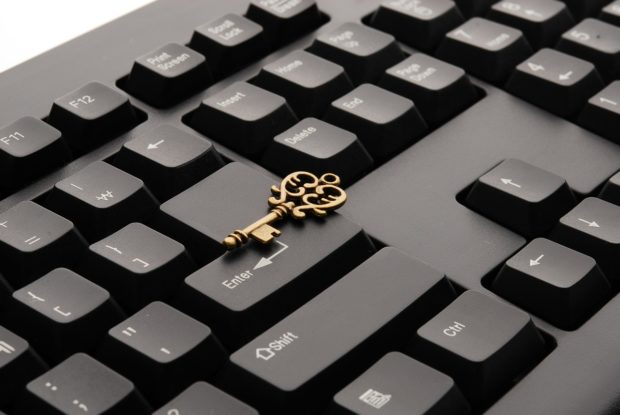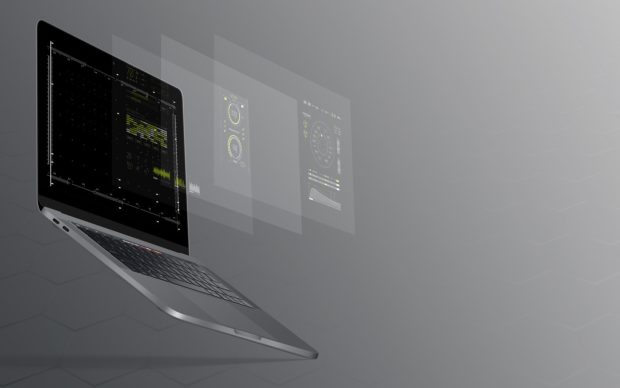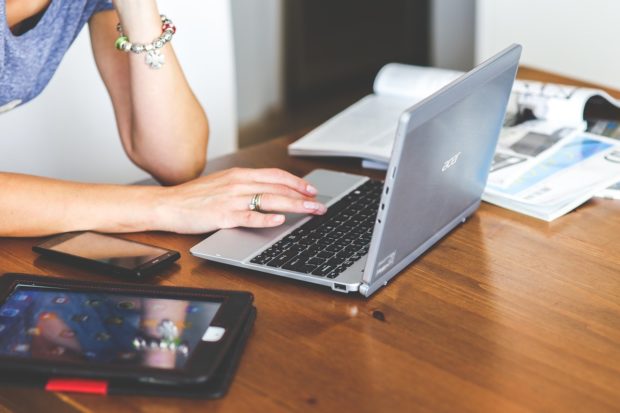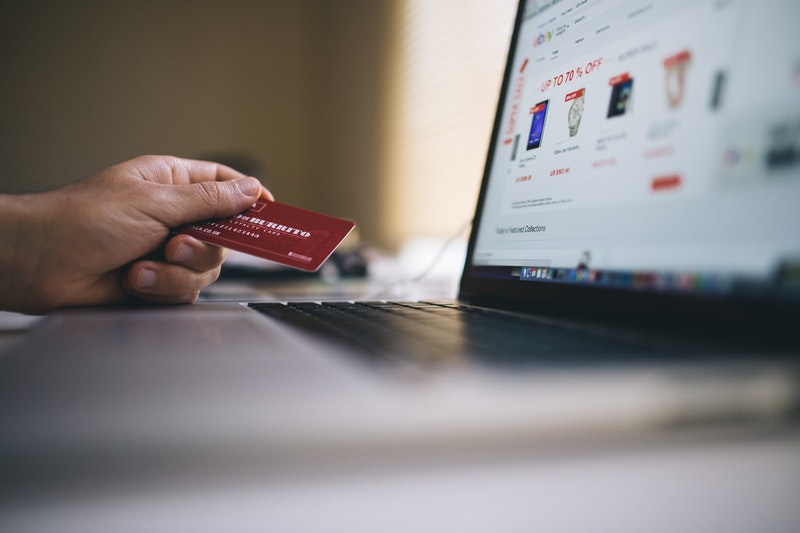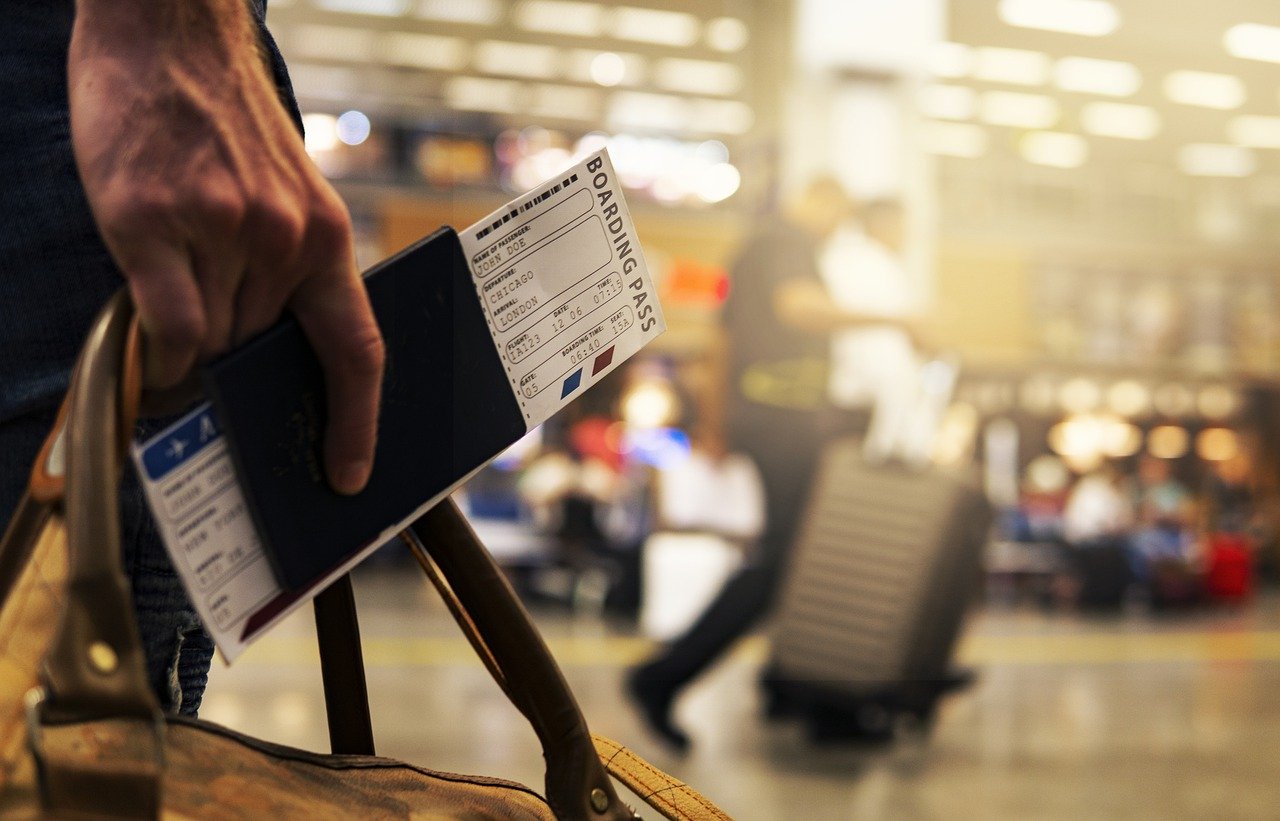Traveling is no doubt an important part of doing business. Recent technological advances have made it easier in some ways, but also dangerous in others. Luckily, there are some things people can do to protect themselves, like using two-factor authentication and secure connections or just staying alert at all times.
Whether working from the office, at home or traveling abroad, it’s always important to follow safety protocols. Most of the time, people are very aware of the physical dangers when traveling because they tend to be more tangible. However, cyberthreats are picking up at an alarming rate. Attackers are always looking for new ways to gain access to internal databases.
Unfortunately, mobile phones and laptops are the easiest way to do that. Traveling business people are often caught unawares as they connect to a public WiFi or have their devices stolen.
Below is a list of simple cybersafety practices to tick down to get protected from cyber threats before packing for the next trip.
Before leaving
Install All Software Updates
It’s common cybersecurity practice to always stay up to date with software updates. They often contain security patches that defend against the latest malware and ransomware attacks. Operating systems and apps should be updated the moment a new update arrives. If you postpone it, there’s no guarantee that it will be possible to do so while traveling.
Review Security Settings and Passwords
Passwords are the first line of defense against potential invaders. Cyberattackers don’t just target people online; they look for opportunities in real life as well. If they find your unlocked laptop, they will take it and use it to gain access to any information you are working it.
Practice good password hygiene and make sure other security measures like auto-lock and two-factor authentication are enabled.
Install/Activate “Find my Device” Software
In the unfortunate event that a device gets stolen, it’s important to have a way to get it back. Work laptops and mobile phones sometimes store very sensitive information, and it’s a major security concern when they get stolen.
Relying on local authorities isn’t always the best option, therefore “Find my Device” software is essential. At the very least, if it looks like you won’t be able to recover your device, then it can be remotely wiped. Losing all your data is not a pleasant thing, but it’s important to have this feature on nonetheless.
Disable Automatic Remote Connections
Some devices automatically connect to available remote WiFi networks. It’s important to have this setting turned off while traveling to make sure hackers can’t take advantage of an open device.
It’s also a good idea to turn off Bluetooth beforehand and only turn it on when absolutely necessary. Bluetooth technology has become more secure in recent years, but it’s still a big, and often unnecessary, risk.
While on the Road
Don’t Just Connect
Using public WiFi hotspots while traveling for business is almost a given, despite the fact that there are common risk factors when connecting to an unknown network. People won’t stop using public WiFi, but they should approach them with caution.
Contact the hotel service desk or a manager at the coffee shop and make sure about the WiFi details. Cyberattackers like to disguise their own networks as seemingly legit public networks and steal data from everyone that connect.
Use A VPN
End to end encryption is one of the best ways to make sure company data stays safe while it’s being sent from a remote connection.
Whether a person wants to connect to their home office network or the main office, a VPN is vital. Using a VPN for your laptop or any other device is much cheaper than a possible data breach, after all (get yours here). Plus it’s a painless process. Commercial VPNs are made to be set up quickly and easily.
Always Stay Alert
This is probably the most obvious tip on this list, but people tend to forget that crime happens fast while they’re traveling. Criminals think twice about targeting someone who looks alert and won’t try to take devices that are hard to swipe. So always keep laptops within eyesight and easy reach.
When Back at Home / the Office
Update Passwords
It’s a good idea to update passwords often anyway. If that’s not an option, then try using password management apps that can help keep passwords secure.
There’s a lot of opportunity and lucrative gains involved for criminals seeking to get their hands on a company’s data. Employees should try to make it harder for them by following these top cybersecurity practices. Especially while traveling.

